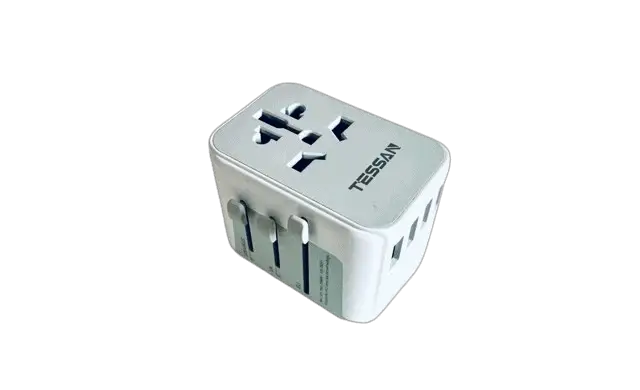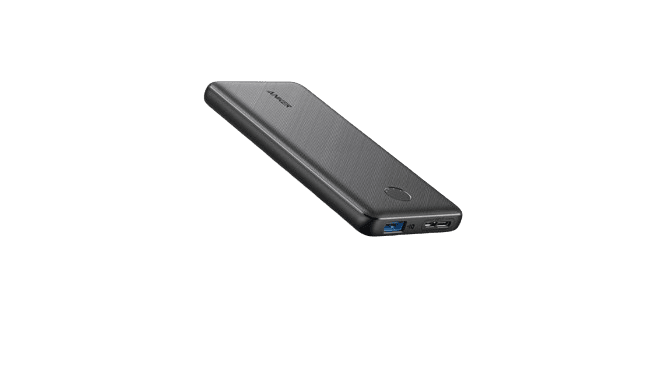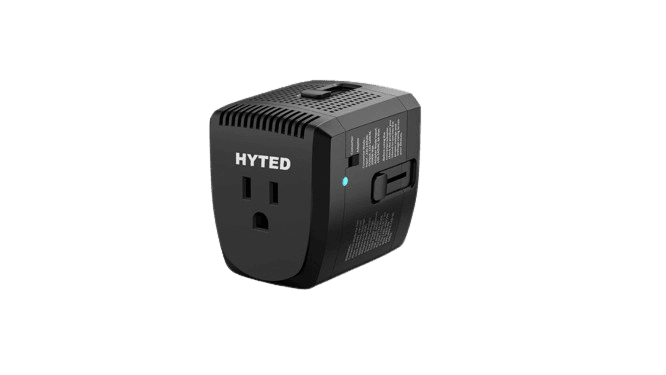Whether you travel alone, with friends or family, you ask yourself almost every time, “Is this place safe?”. This question makes even more sense when you’re traveling to another continent and a country like Japan. Let’s see what dangers people fear when planning their trip to Japan.

So, is Japan a safe country for tourists? Japan is a safe country for tourists, and it’s usually in the top 10 countries, according to the Global Peace Index. The U.S. Department of State defines Japan as a level 1 country where you must exercise only normal precautions. In general, the crime rate has been declining in the past few years.
But let’s dive into the concerns that invade the tourists’ heads before traveling because natural disasters, crime, and tensions with North Korea must not be taken lightly.
Earthquake

Japan is located on 4 shifting tectonic plates. This means that the country is shaking regularly, but most of the time we don’t even notice. Nevertheless, this also means that the probability of a huge earthquake is higher than in other countries far away from tectonic plates.
You probably still remember the magnitude 9 earthquake that struck Japan in 2011, but note that this kind of disaster doesn’t happen every day and the Japanese are used to it anyway. That’s why you shouldn’t give up on your travel if there’s no actual alert of a huge natural disaster going on at the time.
In case of an earthquake alert during your travel, you should :
- Stay connected to the local radio, press, and TV for updates
- Maintain contact with your travel operator and hotel
- Respect local authorities’ advice (take shelter, evacuation…)
- Get ready to move quickly, keeping only essential things with you
- Check with your family
- Take a look at the Japan Meteorological Agency website, which is the best place to be informed about the latest alerts and warnings
Tsunami

Rarer than the earthquakes, the tsunamis are a source of concern when traveling to Japan too – mostly because people still remember the huge tsunami that killed thousands of people in 2011. But bear in mind that this tsunami was caused by the magnitude 9 earthquake and not all earthquakes cause tsunamis – very few do. Only earthquakes that generate an important vertical move of the seafloor can generate tsunamis.
Hey, check out these recommendations I have for you!
Before going any further, take a look at some of the recommendations I've handpicked for you. I think these are essential items you should have on your trip to Japan. You can check them out and buy them directly from Amazon.

|

|

|
| A universal travel adapter | A 10,000 mAh power bank | A travel adapter and converter |
For your safety, in case of a tsunami alert, please apply the same precautions as for earthquakes and also move 100 feet (ca. 30 m) above sea level and 1 mile (1.61 km) inland.
And just like for the earthquakes, you can also use the Japan Meteorological Agency website for tsunami information.
Radiation

Radiation is still an active concern after the Fukushima Nuclear Plant disaster on March 11, 2011. As you probably already know, the huge earthquake, followed by a tsunami, created a devastation area that touched Fukushima Nuclear plant. A 12.5 miles (ca. 20 km) evacuation area was defined, but radiation is still very present in some areas ranked from 1 to 3. These areas are clearly identified by the local authorities, and you should respect all the instructions they give.
Japan’s waiting for you! Get your quick guide for the best trip.
Grab It Now
Do not go to area 1 and avoid areas 2 and 3. Area 1 is a restricted area due to the risk of radiation, while areas 2 and 3 are identified with a risk of potential radiation. You can approach these areas, but you can’t stay overnight, and I would say that it’s wiser to just avoid contact to be sure. It’s not worth taking the risk.
Take a look at the latest map of radiation zones around Fukushima (by the time I wrote this article). It will help to know exactly which zones are concerned by radiation.
Tropical Cyclones

Most tropical cyclone activity happens between July and September, but their season in Japan runs from June to December. The risks for this natural disaster are higher in the southern part of the country.
Tropical cyclones are dangerous because of the high winds that can destroy buildings or trees, the rise of the sea level that can flood the coastal areas, and the heavy rainfall that might cause flooding and mudslides.
In the case of an emergency, just follow all the basic steps we’ve seen before because they apply to almost every natural disaster.
You can also use the Japan Meteorological Agency website for all the latest information.
Volcanoes

Japan has more than 100 active volcanoes throughout the country, therefore the risk of volcanic eruption is always present. By the time I wrote this article, 111 volcanoes were active and 50 of them are incredibly active.
Each year, there are usually around 15 volcanic events (eruptions included) so the Japanese really keep an eye on it. Most warnings are level 2 or 3 which means that you shouldn’t go around the crater or the volcano. If you respect the notice of local authorities, there’s no reason to panic.
And as usual, the Japan Meteorological Agency website is exactly what you need to keep you updated.
Crime (Yakuza)

The Japanese crime syndicates (like the Yakuza) are present in certain areas, but you shouldn’t have to worry about them. Usually, the vision we have is mostly related to what we see in movies that don’t truly reflect reality.
Crime in Japan is slowly declining and the average rate is lower than most countries, and well below the United States average.
However, small crimes like pick-pocketing can happen in crowded areas, so you should have extra caution in shopping areas, nightclubs, or airports, for instance. If you’re going to visit Tokyo, which is the case of 99.9% of the people who travel to Japan, keep in mind that some neighborhoods present a moderate risk for travelers, especially at night. The most important to avoid are:
- Roppongi
- Shibuya
- Ikebukuro
- Shinjuku
These are mostly related to bars and nightclubs, so keep an eye on your drink all the time and don’t go around with a lot of money. Also, avoid the credit card as there is a risk of overcharging it.
Japan’s waiting for you! Get your quick guide for the best trip.
Grab It Now
If you want more details, you can review the Crime and Safety Reports given by the Bureau of Diplomatic Security. And for a closer look at the Yakuza, take a look at the short video below.
Security Tensions in the Region

North Korea has made some missile launching tests and, taking into account all the past events, this practice is not over yet. When traveling to Japan, you must keep in mind that North Korea, a country known for the worst human rights record, is not too far away (just a 50-minute flight).
Security tensions with North Korea tend to rise around military exercises, so it can happen at any time without notice. Each test conducted by North Korea leads to further tensions.
Local authorities will definitely warn the population during emergencies, so you just have to keep an eye on the media and follow local authorities’ recommendations.
Conclusion
As you can see, Japan is a safe country to travel to, there’s no doubt about that, but like any other country, you should always take the normal caution. Keep in mind that local authorities are well-prepared for all the dangers we just talked about. Natural disasters aren’t anything new, and North Korea has been there for a long time now, so refer to the local authorities every time.
If you need to call an emergency service, don’t forget that you can dial 110 for the police and 119 for fire or ambulance services (both numbers are free of charge).
Related Questions
Is japan safe to travel alone? Yes, in general, there is no problem if you respect all the usual caution when traveling to another country. Avoiding moderate-risk areas, especially at night, will prevent most of the problems a traveler could face.
Is japan safe for women travelers? Yes, Japan is safe for women, however, you should exercise extra caution during rush hour in subways. That’s why there are women-only subway cars available during rush hour. These subway cars are easily identified with a pink color entrance.



